Winners on Winning: Denice Frohman
For the second installment in our weekly Winners on Winning series, we spoke with poet Denice Frohman, who won a 2012 Leeway Foundation Transformation Award. The annual award gives an unrestricted $15,000 to women and transsexual, transgender, and genderqueer artists living in the Philadelphia area who create art for social change. Frohman was also named the 2013 Women of the World Poetry Slam Champion and received the 2013 Hispanic Choice Award for Creative Artist of the Year. Her debut album, Feels Like Home, is a mix of spoken word poetry and original music.

What kind of impact has winning the Leeway Transformation Award and other prizes had on your career?
Receiving the Transformation Award was a critical step for me in transitioning to a full-time, self-sustainable writing career. It afforded me the financial stability to quit my day-job, write, complete my debut CD, apply to residencies, attend poetry festivals, and begin a rigorous national tour as part of the spoken duo, Sister Outsider Poetry, alongside award-winning poet Dominique Christina. Winning awards can help create a larger platform for your work to be heard. I think that is true for both the Transformation Award and other awards I've received. In my opinion, it becomes even more important to be intentional with the work that you put out because you have a special opportunity to engage a larger audience in important social and political conversations.
Has winning this award, or previous awards, changed the way you approach your work?
I don't think I would say it has changed the way I approach my work.
Have you ever entered a contest that you didn't win?
The first time I applied for the Transformation Award I did not receive it. However, it was a really important step for me, because the process of applying required me to give language to my work in a way that I had not done before. I encourage anyone who is serious about their craft to apply for a grant—whether or not you receive it you will walk away with a clearer vision of your work and why the work matters.
What advice would you offer to writers thinking of submitting to writing contests?
First, look at applying locally. There is no better way to build these skills than in your back yard. Get a sense of what the foundation or publication is looking for and see if your work fits in with those guidelines. I do not recommend "chasing funds"—in other words, do not change the work you do to fit a particular funder. You are much better off doing more research to find a place that is looking to fund the kind of work you are already doing.
For more Winners on Winning, read the current issue of Poets & Writers Magazine, and check back here every Wednesday for a new installment.





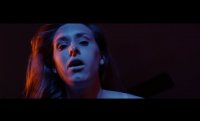
 What makes your reading series and its events unique?
What makes your reading series and its events unique? 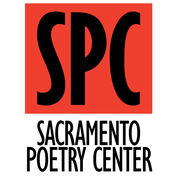
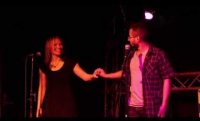
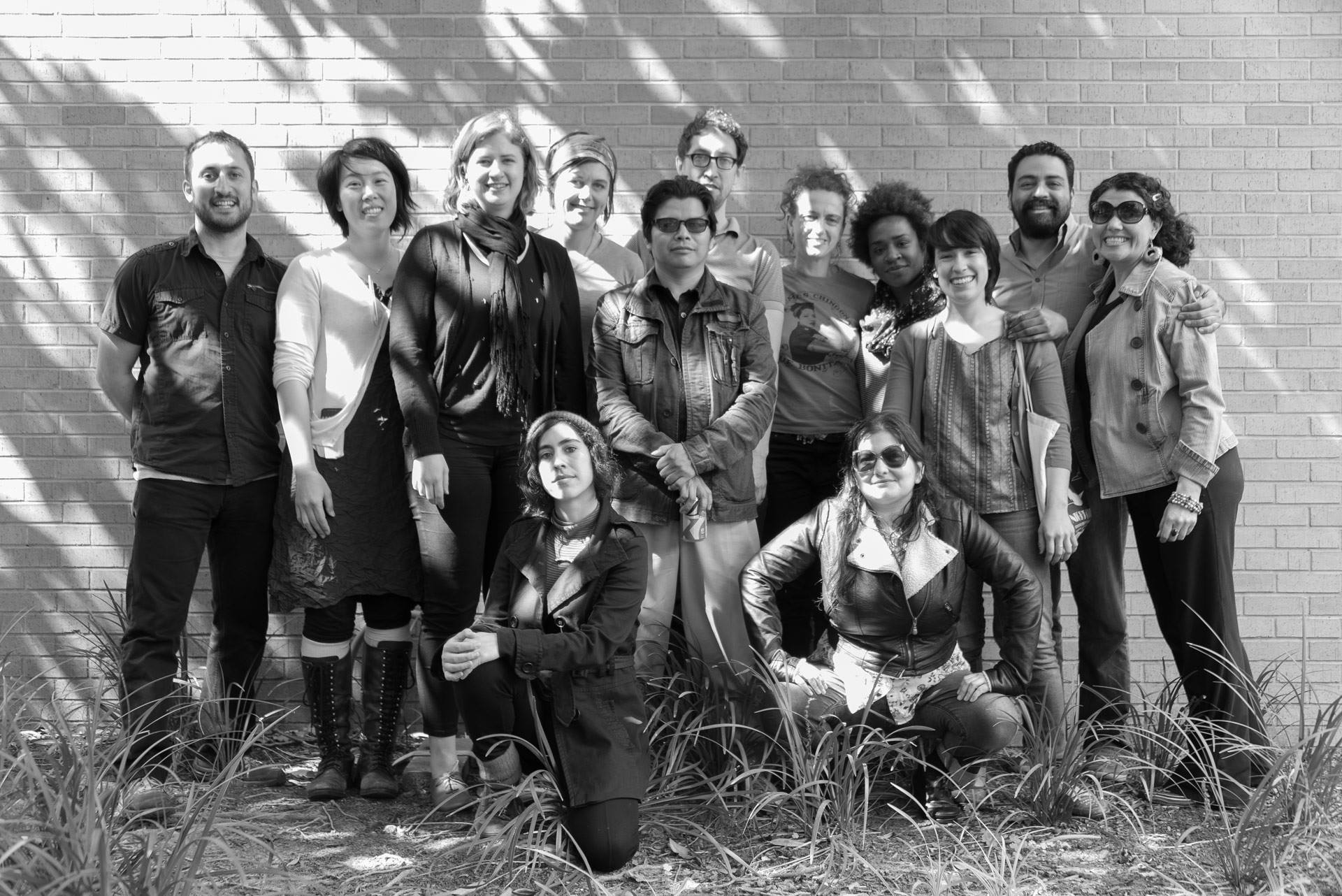
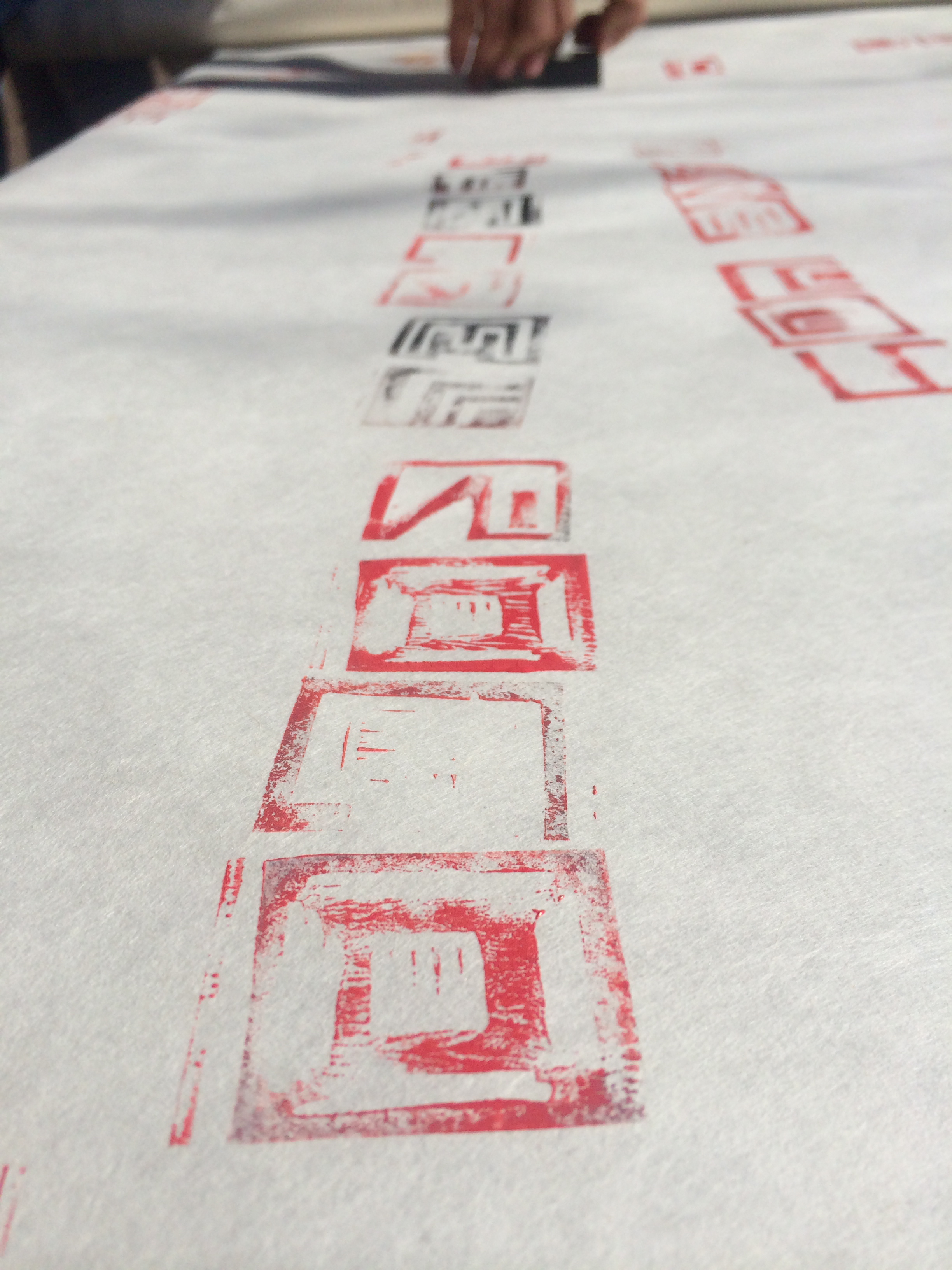
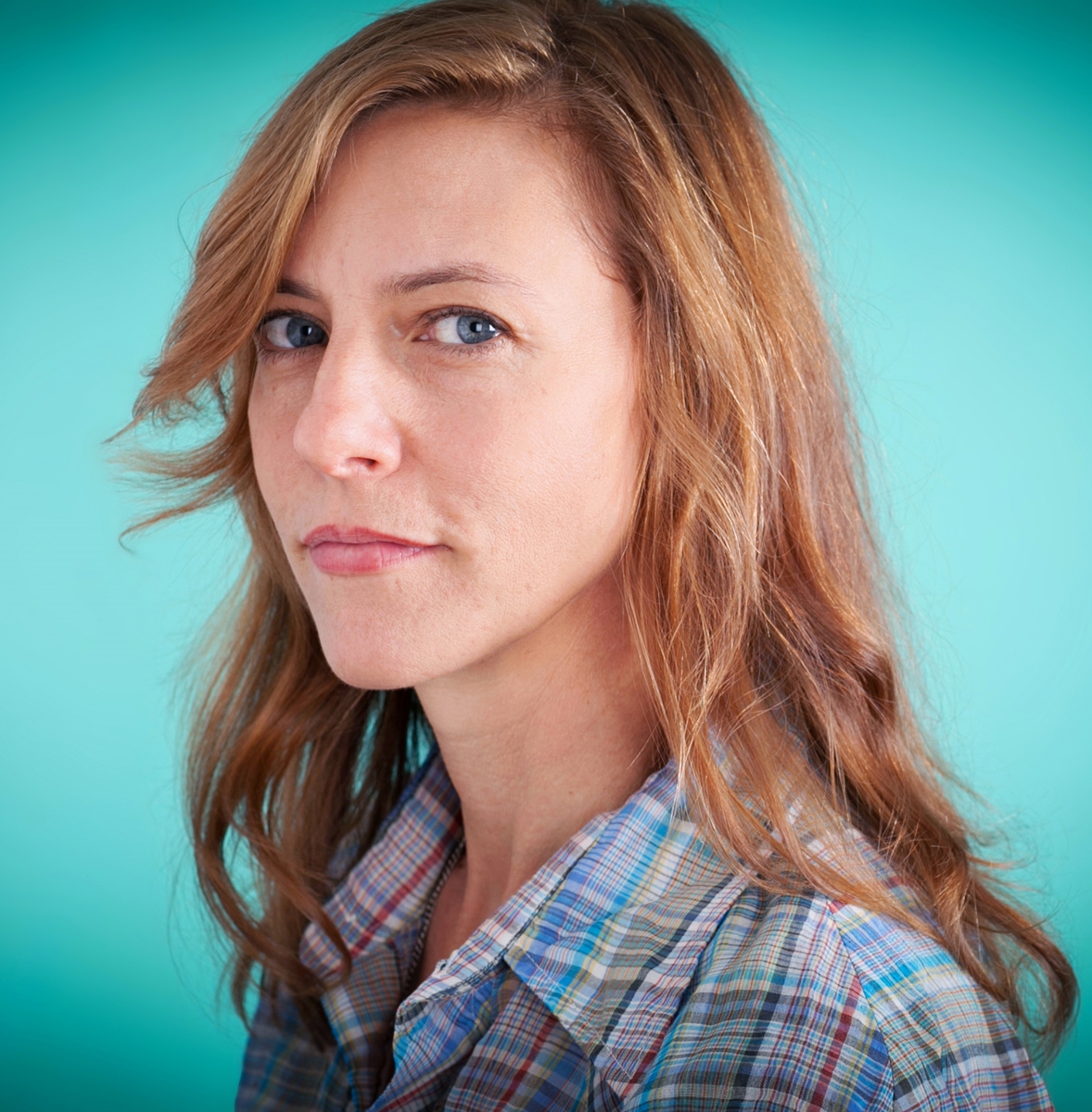 What are your reading do's?
What are your reading do's? 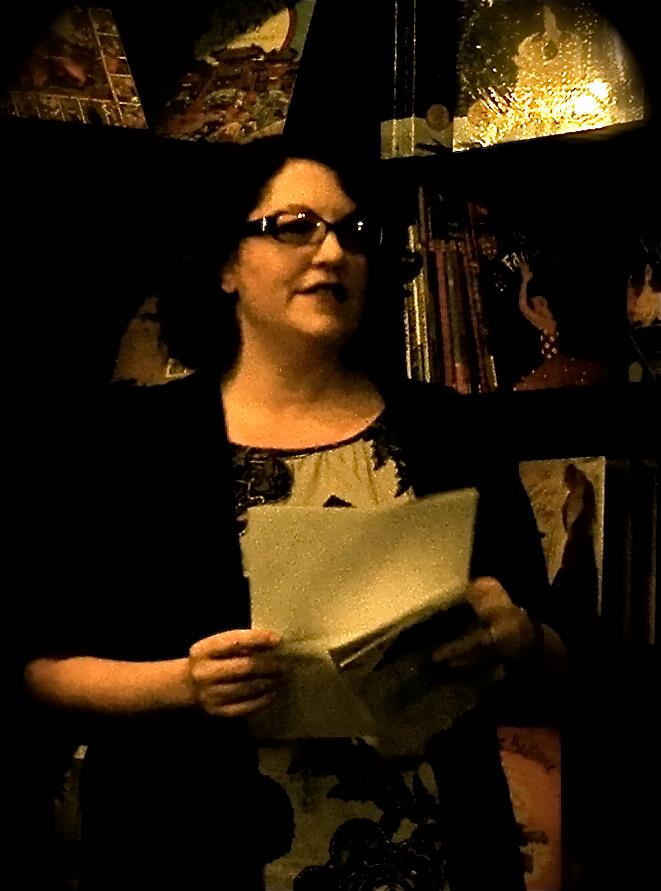 What makes your organization and its programs unique?
What makes your organization and its programs unique?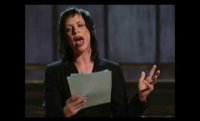
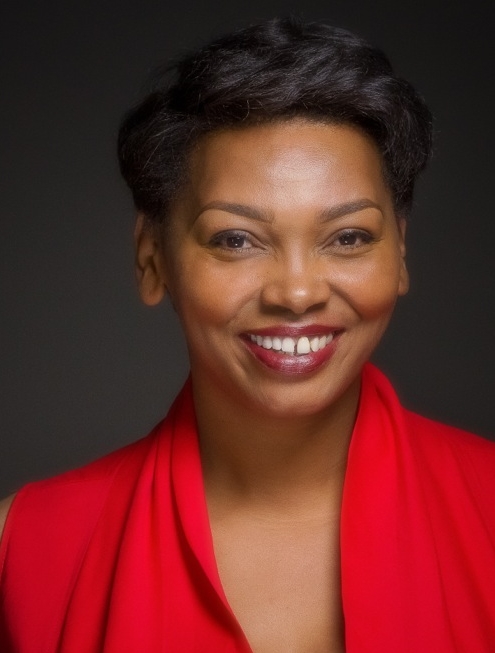 Can you tell us about your organization WordPlay?
Can you tell us about your organization WordPlay?